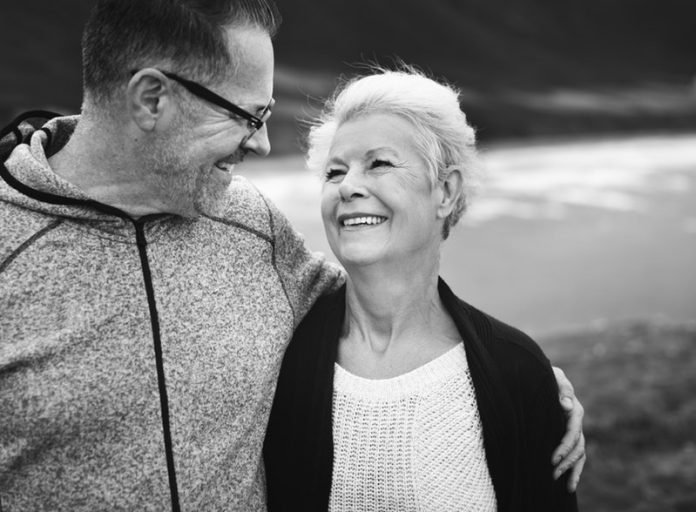
In a new study, researchers found that in mutual caregiving, husbands can gain the benefit, but wives often feel more distressed.
The research was conducted by a team from the Yale School of Public Health.
Spouses in older marriages are increasingly taking on the role of their partner’s caregiver in dealing with chronic conditions like heart disease, memory loss, and cancer.
In many cases, both spouses care for each other as they struggle with any one of a variety of health issues such as arthritis, diabetes, and respiratory problems.
In the study, the team examined how both giving and receiving support affects husbands’ and wives’ blood pressure and emotions when both partners are dealing with health conditions.
They expected that mutual caregiving would lower blood pressure and heart rate for both individuals and that wives would likely reap more benefit from the support than husbands.
The actual findings were surprising. The team found when the husband’s received support from their wives, the husband’s blood pressure and distress decreased.
When wives received similar support, husbands and wives felt closer, but both partners’ heart rate remained elevated and wives felt even more distressed.
So why did wives benefit less from caregiving support from their spouse?
The team explains that everyday social interactions and traditional gender roles may be at play.
Husbands may expect and feel less stressed when they receive support from their wives because they are used to receiving such support in their everyday lives.
Wives, on the other hand, may not expect their husbands to engage in such support and are not used to or uncomfortable with receiving it.
Indeed, in the study, husbands said they expected more emotional support for the chronic conditions in everyday life than wives did.
The findings are important because they offer new insight into why gender differences exist when it comes to the health benefits of marriage.
While wives may benefit less from spousal caregiving than husbands, support for wives is important for strengthening intimacy and helping wives regulate distress caused by their husband’s illness.
The lead author of the study is Yale School of Public Health (YSPH) Associate Professor Joan Monin.
The study is published in Health Psychology.
Copyright © 2019 Knowridge Science Report. All rights reserved.



